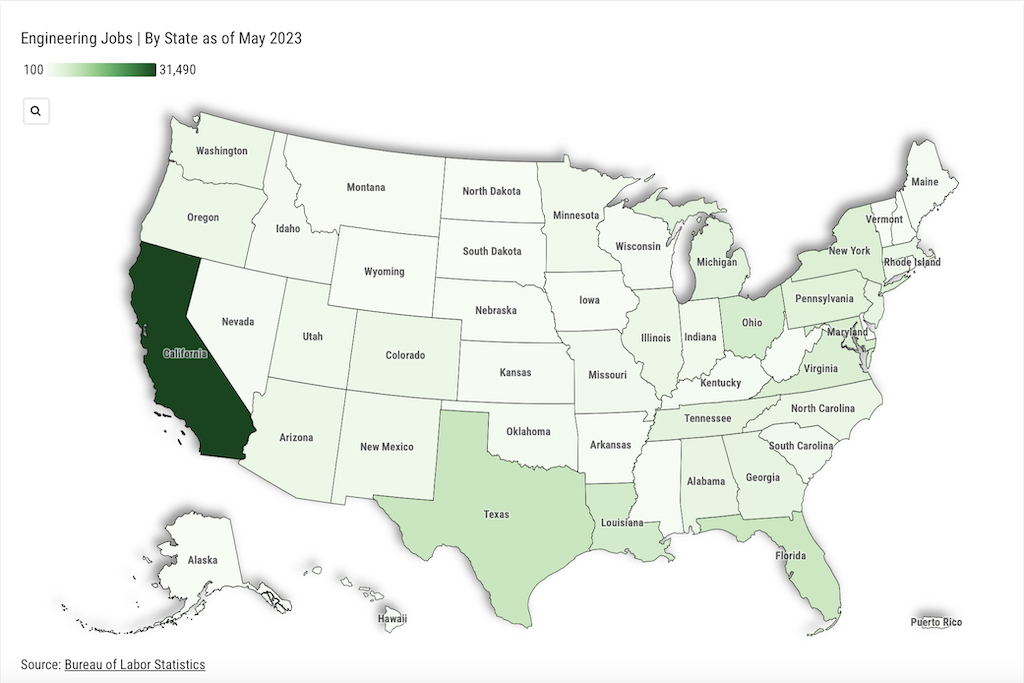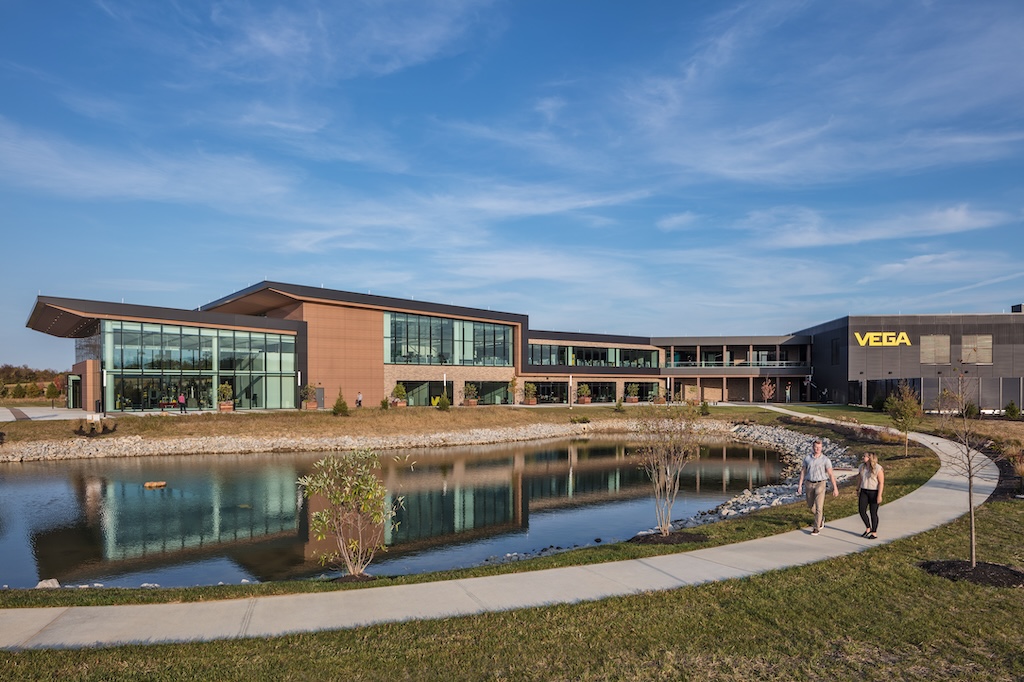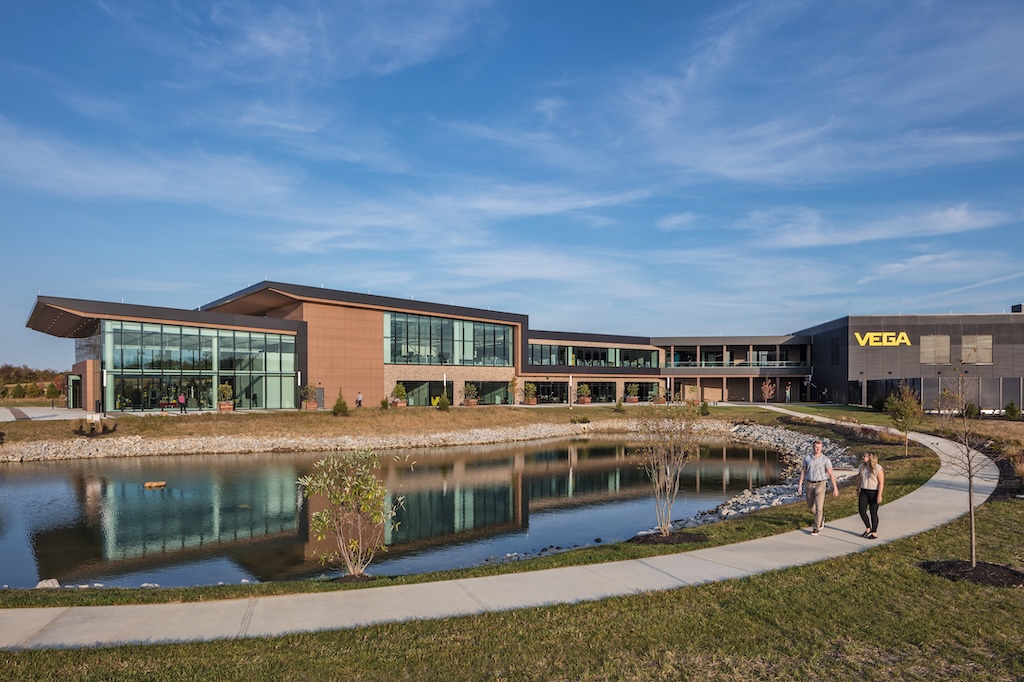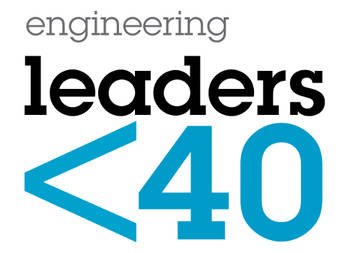Unions help Native Americans fill welding shortage.
The construction industry is currently experiencing a skilled worker shortage — especially in the field of welding. According to the Bureau of Labor Statistics , 450,000 welders will be needed nationwide by 2014. The United Association (UA), working with the Department of the Interior/Indian Affairs , is striving to find an answer to this shortage by reaching out to the Native American workforce.
As a result of these efforts, 19 Native Americans have enrolled as apprentices in the Hybrid Welding Program of the United Association. They will receive their training at UA Local 597 Pipe Fitters’ Training Center in Mokena, IL. Through this initiative, these Native American apprentices will obtain much-needed careers. Local 597 is the Chicagoland regional chapter of the UA.
“We are pleased to be working with the Department of the Interior on this exciting project,” said UA president William Hite. “This is what the United Association is all about.”
The UA Hybrid Welding Program is provided at no cost to these apprentices. During the 16-week fast-track program, students attend class for eight hours per day, 40 hours per week.
The 19 Native American apprentices — 18 men and one woman — were selected from eight states nationwide. They come from a variety of tribes, including the Blackfeet, Winnebago, Leech Lake, Spokane and Menominee tribes.
The project began when Department of the Interior/Indian Affairs officials approached the United Association with the idea of training Native Americans for new careers.
Hite approved the concept on the spot. “I thought it was a great idea and I wanted to get it started right away,” he said.
Across North America, the UA is working to recruit and train quality workers. According to Hite, the UA has made an annual commitment of more than $140 million to training, with a goal of 50,000 apprentices in training this year, creating an infrastructure of mobile training facilities, online studies, accelerated training and other educational options.



